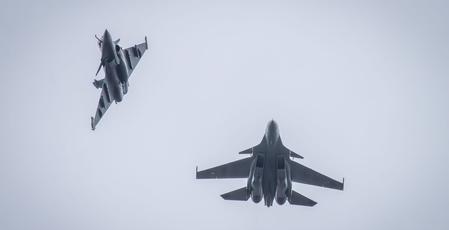Following the May border clashes between India and Pakistan, which arose from the Pahalgam terror attacks, China reportedly initiated a disinformation campaign. This effort aimed to undermine the sale of French Rafale jets while promoting its own J-35 fighters. The US-China Economic and Security Review Commission’s latest report, presented to Congress, notes that this campaign used fake social media accounts to circulate AI-generated images claiming to show debris from Rafales supposedly destroyed by Chinese weaponry.
The report outlines 28 recommendations for US policy on China, highlighting President Xi Jinping’s intent to increase other nations’ reliance on China and Beijing’s robust support for strategic sectors. The May confrontation drew attention, with Pakistani forces reportedly relying on Chinese military equipment and intelligence, raising concerns that China might have provided real-time information on Indian troops.
While Pakistan denied these claims and Beijing remained ambiguous about its involvement, the commission pointed out expanding Sino-Pakistani defense cooperation despite ongoing tensions with India. The clash served as a live test for China’s advanced military systems, including the HQ-9 air-defense platform and PL-15 missiles. After the conflict, China offered Pakistan a package of military hardware, including J-35 jets.
Additionally, Chinese embassies lauded their equipment’s performance during the exchanges, using this narrative to drive arms sales. The report noted that China engaged in a disinformation operation to discredit the Rafale deal, spreading fake news and misleading information to promote the J-35, successfully encouraging Indonesia to delay its Rafale procurement.



